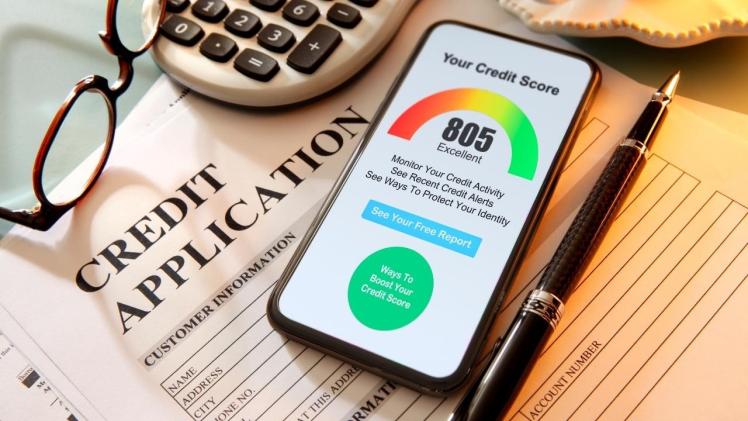When was the last time you checked your credit report? For a lot of people, the answer is “never” or “I don’t even know how.” But your credit report is like your financial report card — it shows lenders, landlords, and even some employers how reliable you are with money.
Whether you’re trying to build credit, plan for a big purchase, or working through personal finance debt relief, checking your credit reports is one of the most important steps you can take to protect and improve your financial health.
You might think getting your credit reports is complicated or expensive, but it doesn’t have to be either. In fact, you’re entitled to free credit reports from each of the three major credit bureaus: Equifax, Experian, and TransUnion. Let’s break down how to get them and why it matters.
Why Check Your Credit Reports?
Your credit report includes your personal information, credit accounts, payment history, and any public records like bankruptcies or collections. Lenders use this information to decide if they should give you a loan or a credit card and what interest rate to offer.
Mistakes happen more often than people realize. You could find accounts you didn’t open, payments marked as late even though you paid on time, or balances that are incorrect. If you’re working on personal finance debt relief, an error like this can make it harder to qualify for help or get approved for new credit in the future.
Regularly checking your credit reports helps you catch these mistakes early and fix them before they cause serious damage to your credit score.
How to Get Your Free Credit Reports
The best and most trusted way to get your free credit reports is through AnnualCreditReport.com. This is the only website authorized by federal law to provide free reports from each bureau.
Here’s how to do it:
Go to AnnualCreditReport.com and click “Request your free credit reports.”
Fill in your personal information, including your name, Social Security number, and current address.
Select which reports you want — Equifax, Experian, and/or TransUnion.
Answer a few security questions to verify your identity.
Download or print your reports to review them carefully.
During the COVID-19 pandemic, the three bureaus started offering free weekly online reports to help people stay on top of their credit. While this policy has changed over time, it’s worth checking the site to see if more frequent free reports are still available.
How Often Should You Check?
By law, you’re allowed one free report from each bureau every 12 months. Some people like to get all three reports at once so they can see the full picture. Others prefer to space them out — for example, checking one report every four months — to keep an eye on things throughout the year.
If you’re actively working on paying down debt or fixing your credit, checking more often might make sense so you can track changes and catch errors quickly.
What to Look for on Your Reports
Once you have your reports, go through each section carefully. Here’s what to focus on:
Personal information: Make sure your name, address, and Social Security number are correct.
Account details: Check each account listed. Are there any accounts you don’t recognize? Are the balances and payment histories accurate?
Payment history: This is one of the biggest factors in your credit score. Make sure payments marked late are actually correct.
Public records: Look for bankruptcies, liens, or judgments. If you see something you don’t recognize, investigate it right away.
Inquiries: These are the companies that have checked your credit. Make sure there aren’t any you don’t remember authorizing.
What to Do If You Find an Error
If you find something wrong, don’t panic. You can file a dispute with the credit bureau that shows the error. Provide as much evidence as you can, like statements or payment confirmations.
Once you submit a dispute, the bureau usually has 30 days to investigate and respond. If they find that the information is incorrect, they’ll update your report and send you a new copy.
Keep an Eye on Your Credit Going Forward
Checking your credit report isn’t a one-time task. It’s something you should build into your routine, just like reviewing your budget or checking your bank account.
If you’re working through personal finance debt relief, staying on top of your credit reports can help you see your progress and make sure no new errors pop up along the way.
Final Thoughts
Getting your credit reports is one of the simplest but most powerful steps you can take to protect your financial health. It gives you a clear look at where you stand, helps you catch and fix errors, and puts you in control of your money story.
Don’t wait for a problem to show up before you check. Start today, take a close look, and keep building the habit. Your future self — and your credit score — will thank you.


